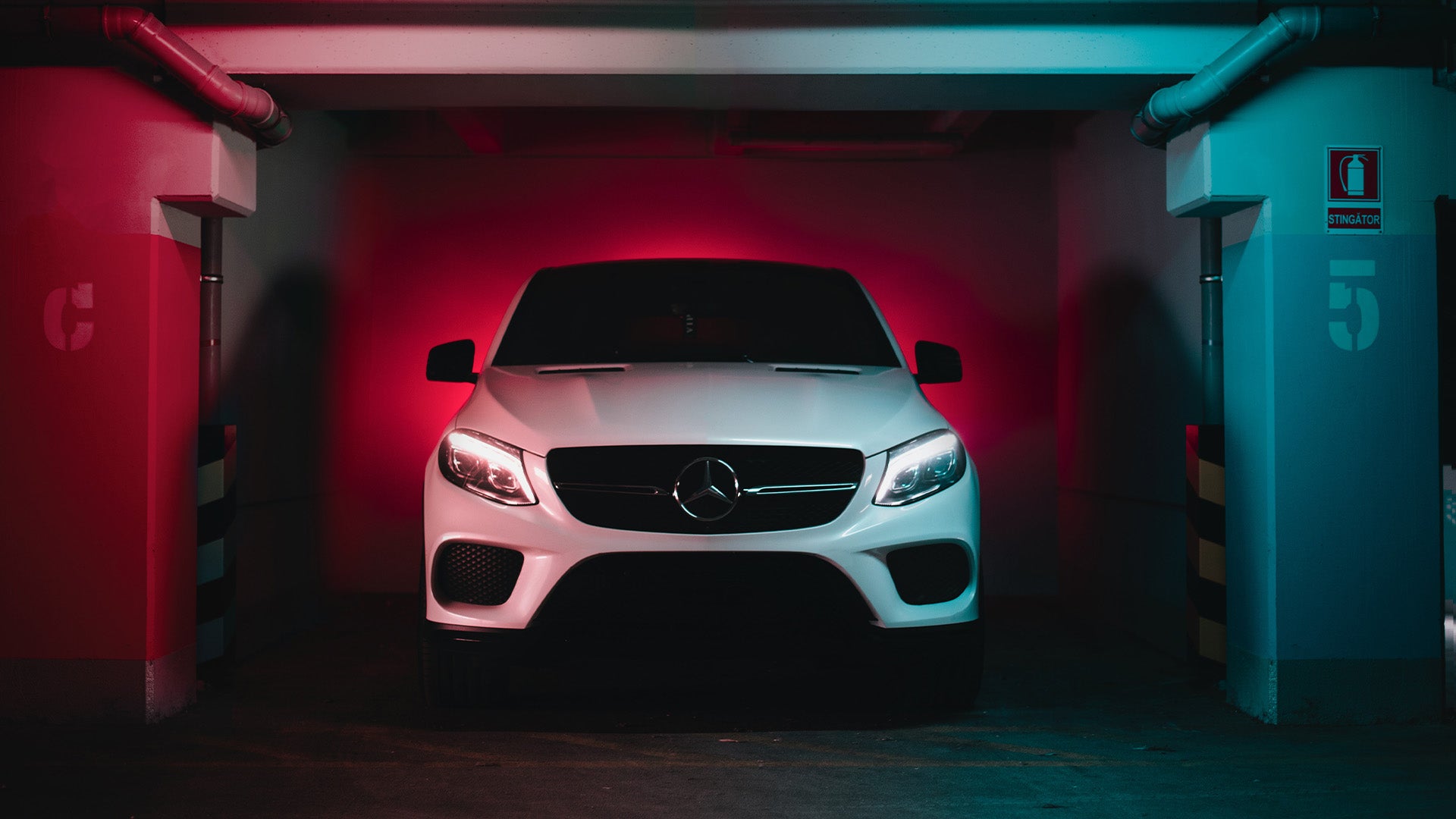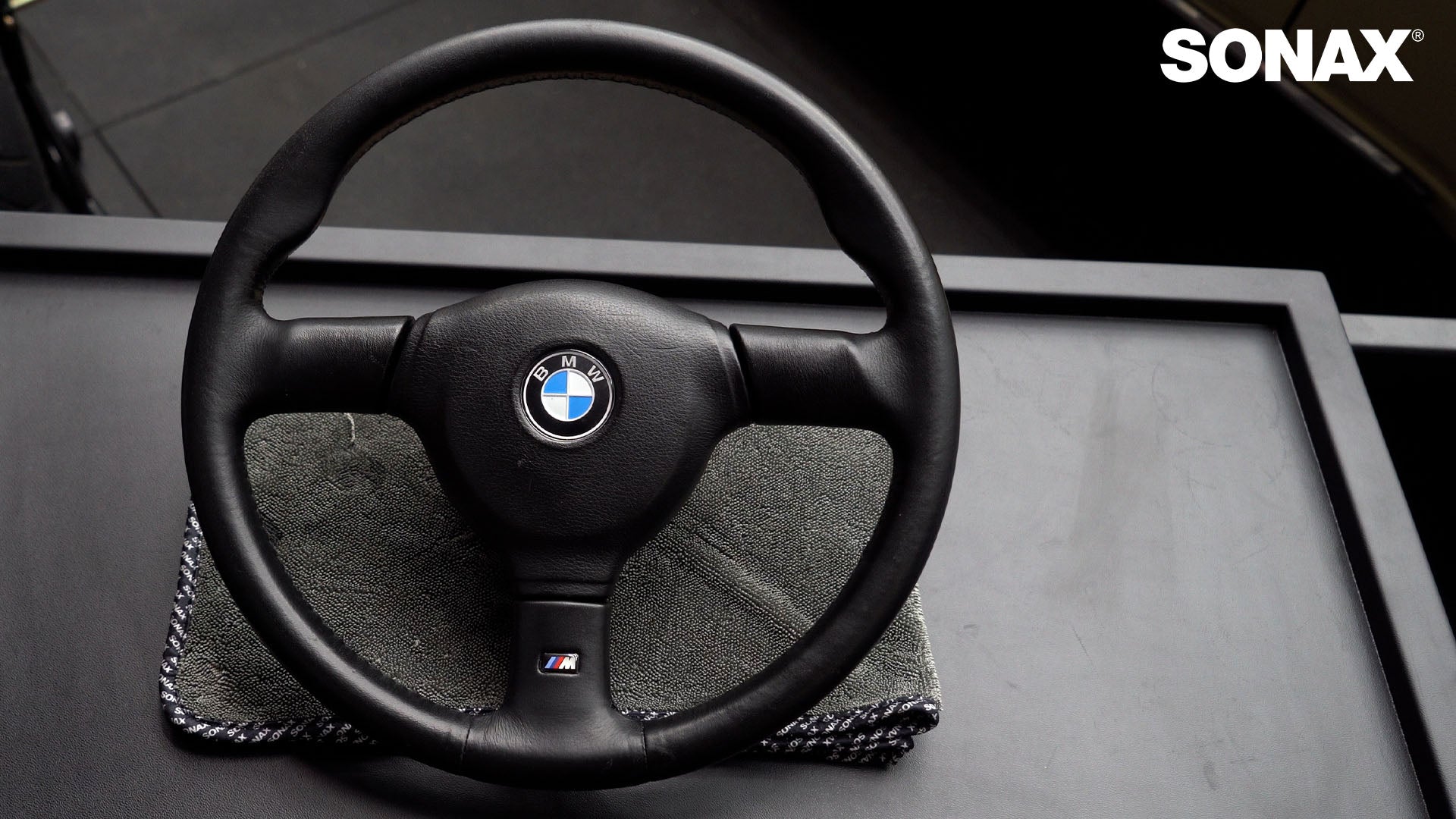
Ceramic vehicle coatings are designed to provide long-lasting protection and durability compared to traditional waxes or sealants. While they can offer enhanced resistance against environmental contaminants, UV rays, and minor scratches, it's essential to understand that the longevity of a ceramic coating depends on several factors:
- Quality of the Coating: The quality and formulation of the ceramic coating play a significant role in its durability. Higher-quality coatings often offer better longevity.
- Application and Preparation: Proper application and surface preparation are crucial for the effectiveness and durability of a ceramic coating. Following the manufacturer's instructions and ensuring a clean, well-prepared surface is essential for optimal results.
- Maintenance: Regular and proper maintenance is necessary to extend the lifespan of a ceramic coating. This includes using pH-neutral car wash products, avoiding harsh chemicals or abrasive wash methods, and periodically applying maintenance products recommended by the coating manufacturer.
- Environmental Factors and Usage: Environmental conditions, such as exposure to extreme heat, UV radiation, harsh chemicals, and frequent washing, can affect the durability of a ceramic coating. Additionally, how the vehicle is used, such as off-road driving or exposure to harsh conditions, can impact its longevity.
While some ceramic coatings claim to last for several years, it's important to note that these estimates are based on ideal conditions and proper maintenance. Real-world results may vary, and some degradation or reduced performance can occur over time. Periodic inspections and potential reapplication or touch-ups might be necessary to maintain the coating's effectiveness.
Ultimately, it's advisable to research and select a reputable ceramic coating product, follow the manufacturer's instructions, and maintain the vehicle properly to maximize the durability and longevity of the coating.




